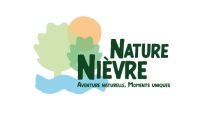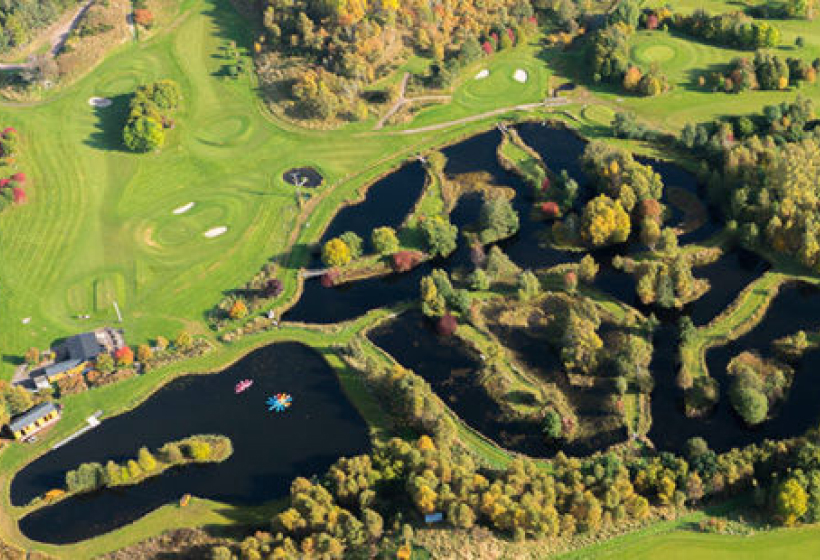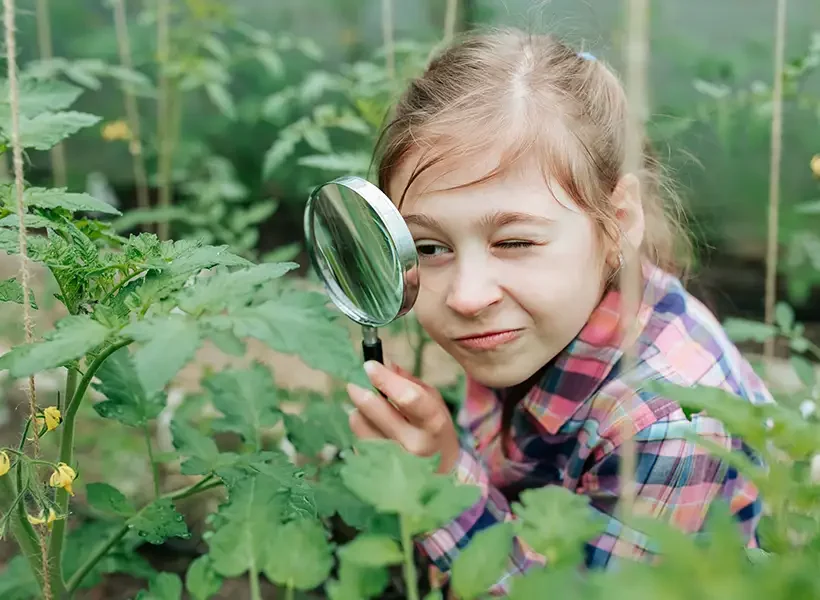LANGUAGES FOR THINKING AND COMMUNICATING
Knowledge
Scientific and technical language
Skills
- Understanding and oral expression, exchanging, sharing, describing, and understanding the world.
- Reacting by expressing a point of view or a proposal, arguing.
Attitudes
Expressive, Critical
THE FORMATION OF THE INDIVIDUAL AND THE CITIZEN
Knowledge
- Hygiene, sports, and health
- Rules of communal living
- Eco-responsible actions
Skills
- Living in a community, enjoying sports, developing motor skills, maintaining health through physical activity, achieving optimal performance.
- Adapting movements to different environments, sharing rules, taking on roles and responsibilities, cooperating and committing, pooling resources.
- Adopting ethical and responsible behavior.
Attitudes
Skilled, responsible, autonomous, self-confident, open-minded, critical, respectful, cooperative, supportive, attentive.
POSSIBLE AND CONCRETE DIFFERENTIATED PEDAGOGY
Knowledge
Fauna, flora, habitats: recognizing and classifying, The water cycle, Rock formation and their role, Landscape formation through erosion, Environmental issues, Dams and hydropower.
Skills
Questioning, searching, exploring, and imagining, reasoning, representing, experimenting, producing, creating, using a determination key, creating a topographical profile.
Attitudes
Curious, observant.
WORLD REPRESENTATIONS AND HUMAN ACTIVITY
Knowledge
Chestnut cultivation, fish farming, beekeeping, terrace farming, Human-induced landscape formation, Rural culture/living in sparsely populated areas, Agricultural issues, Water management, National Parks, History of outdoor sports, Prehistory and caves, Feudal tolls and 12th-century knights.
Skills
Spatial and temporal orientation, Exploration and imagination, Describing and understanding the world.
Attitudes
Open-minded, Critical, Curious.




